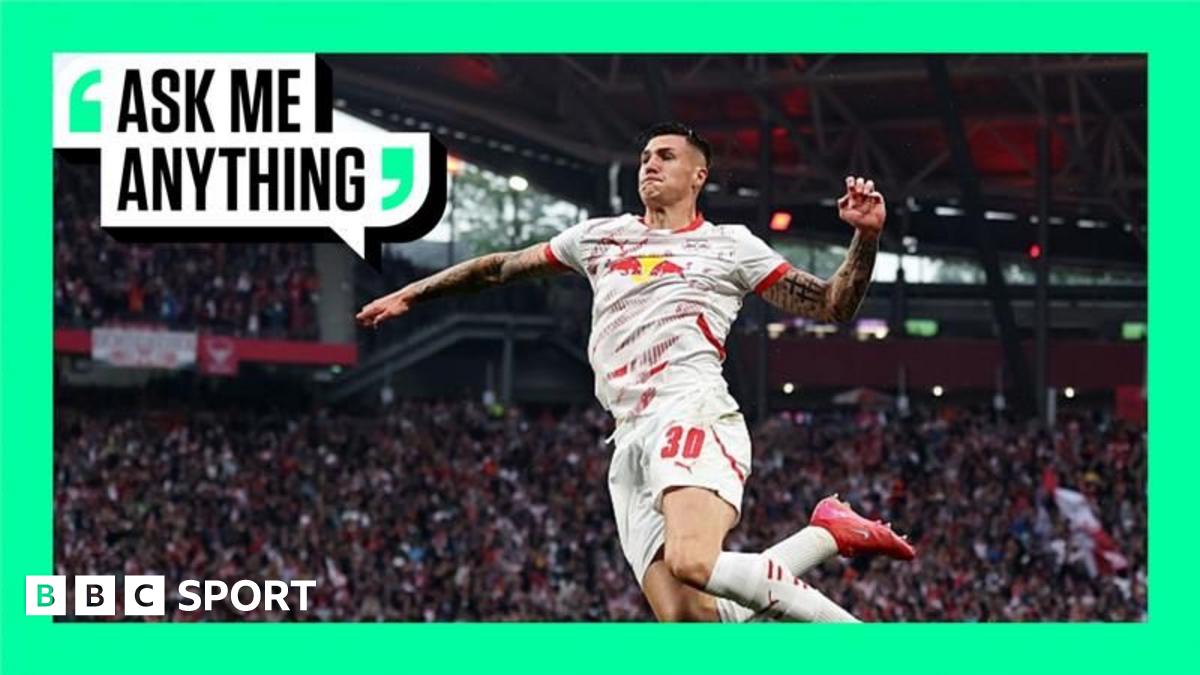
So, Manchester United wants Benjamin Sesko. The question isn't *if* he'd be a good fit up front, but *how* they plan to foot the bill. Reports suggest a potential £73.8m outlay, with a guaranteed £65.2m. In a vacuum, it's a hefty sum. But in the context of Premier League spending, it's Tuesday. However, context is king, and United's financial context has been… turbulent, to say the least.
The BBC article points to “clever financing” and downplays debt concerns. Okay, let's unpack that. £130m in payment arrangements for Cunha and Mbeumo, structured favorably. This isn't new. Spreading payments over a contract's lifespan is standard operating procedure. Think of it as the footballing equivalent of buying a car on finance. It eases the immediate cash flow burden, but the debt remains. It just gets kicked down the road, like a hopeful punt into the box.
Then there's Rashford's loan to Barcelona freeing up his hefty £325,000-a-week wages, a welcome relief. The £5m from Chelsea for Sancho also helps pad the coffers. Plus, sell-on clauses – always a nice bonus. But let's not mistake these for a financial miracle. These are tactical maneuvers to create breathing room, not long-term solutions.
Kieran Maguire's quote, "Even if their signings come to £200m, it is £40m a year and they will recover that by selling players in the 'bomb squad'," highlights a crucial point: player sales. Garnacho's name is mentioned as a potential departure. Selling academy products is pure profit on the balance sheet. It's a quick injection of cash, but it also weakens the squad's depth and future potential. It’s a high-risk, high-reward strategy, like playing a high defensive line.
The article notes a core profit forecast increase, which is undoubtedly positive. However, the devil's in the details. How sustainable are those profits? Are they reliant on Champions League qualification, which is far from guaranteed? Ratcliffe himself admits the club has been spending more than it earns. He said United were close to running out of cash this year. That's not exactly a ringing endorsement of financial stability, is it?
Ultimately, the Sesko deal, if it materializes, will hinge on United's ability to balance short-term financial engineering with a long-term sustainable strategy. Can they continue to juggle debt, player sales, and commercial revenue to compete with the likes of Liverpool and Chelsea? Or will the financial cracks eventually widen?